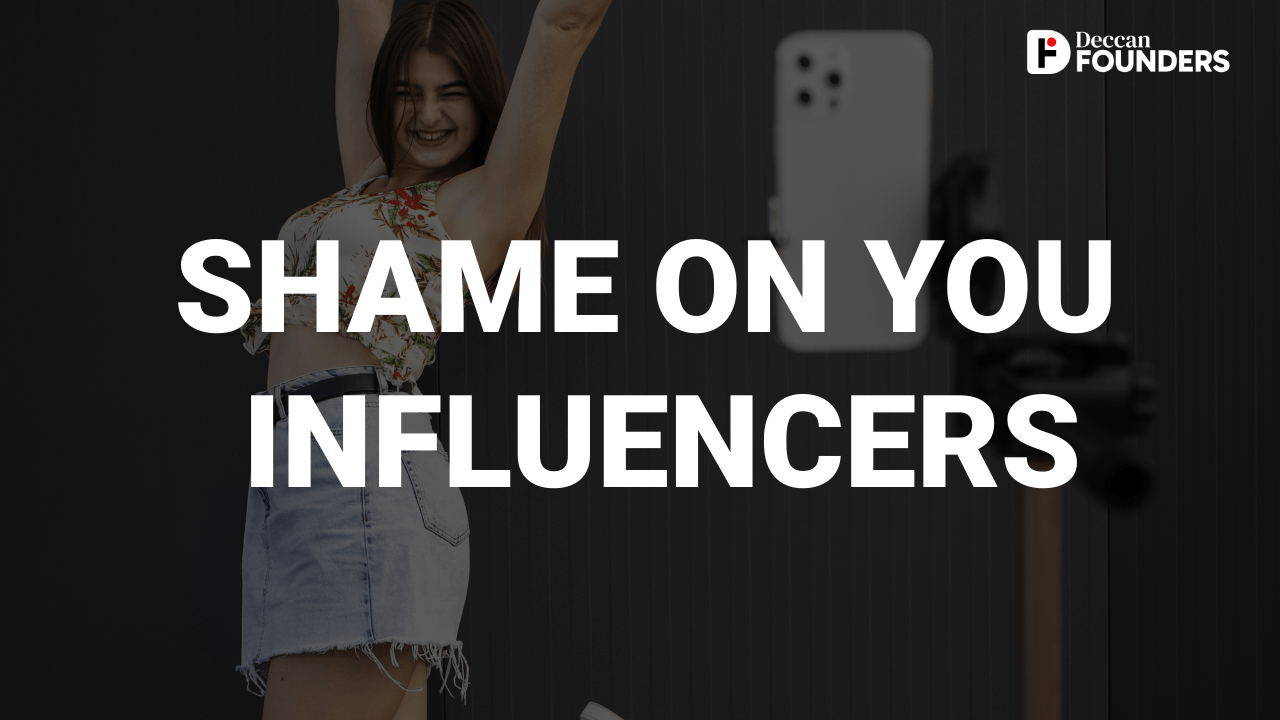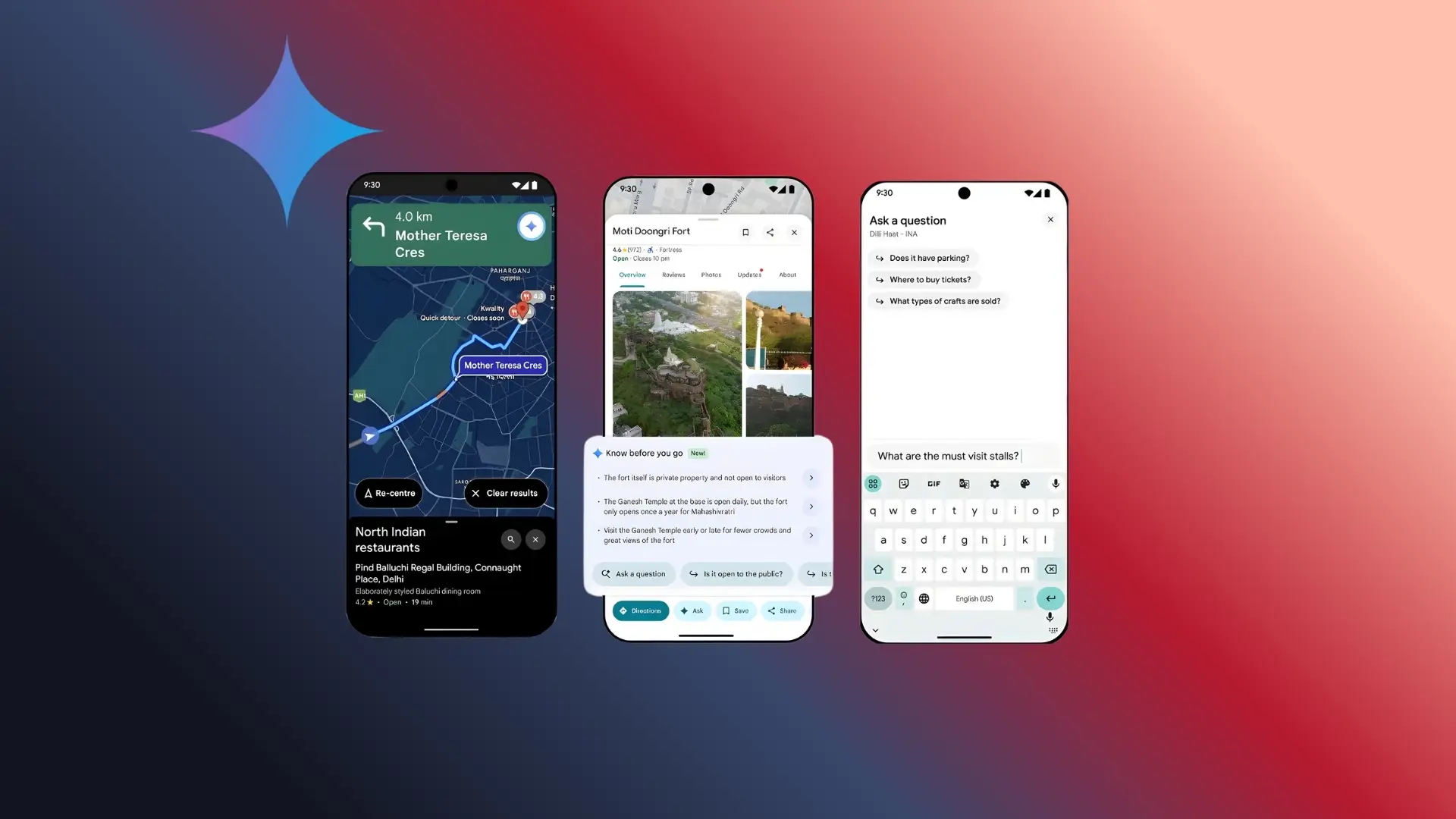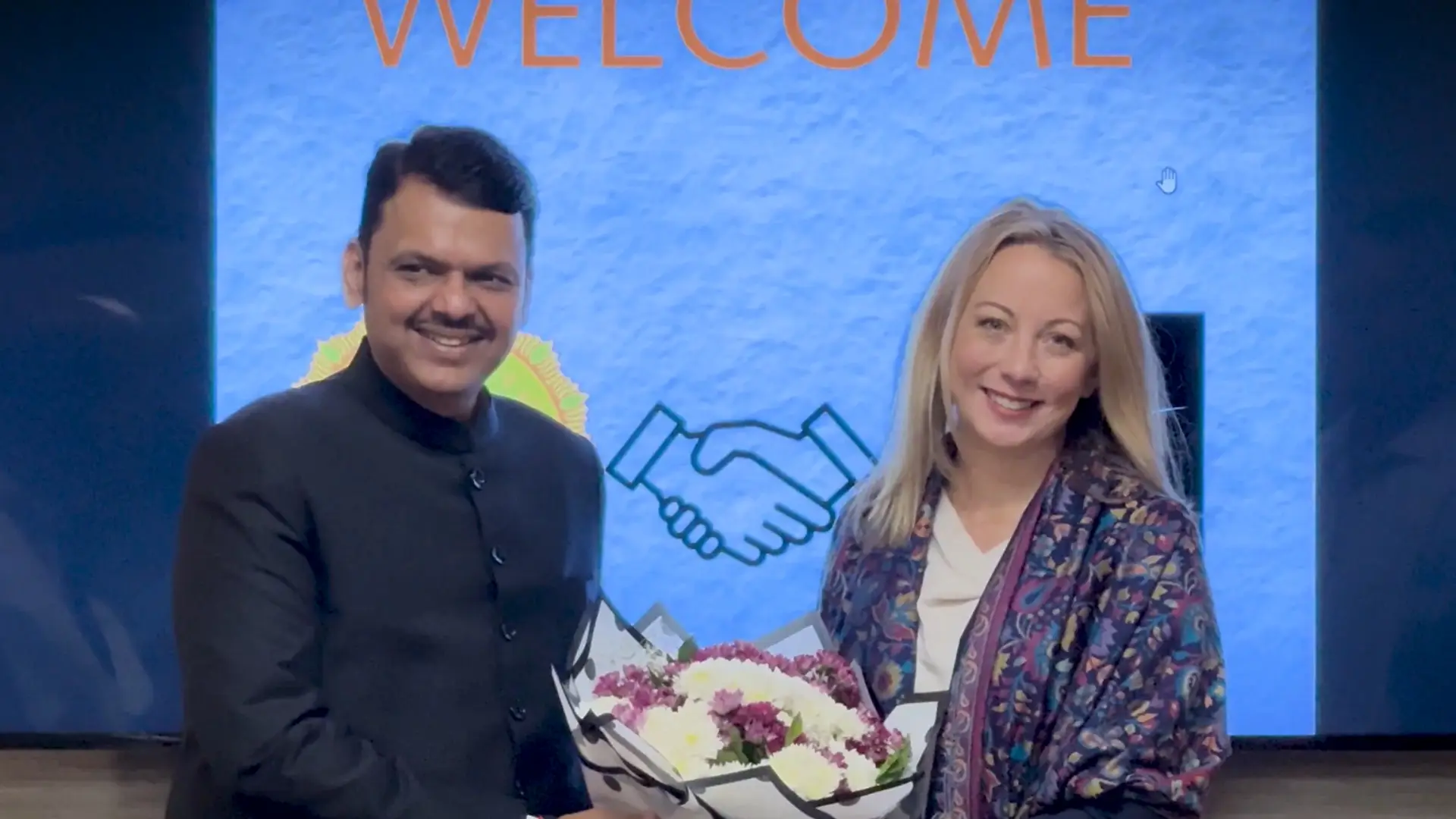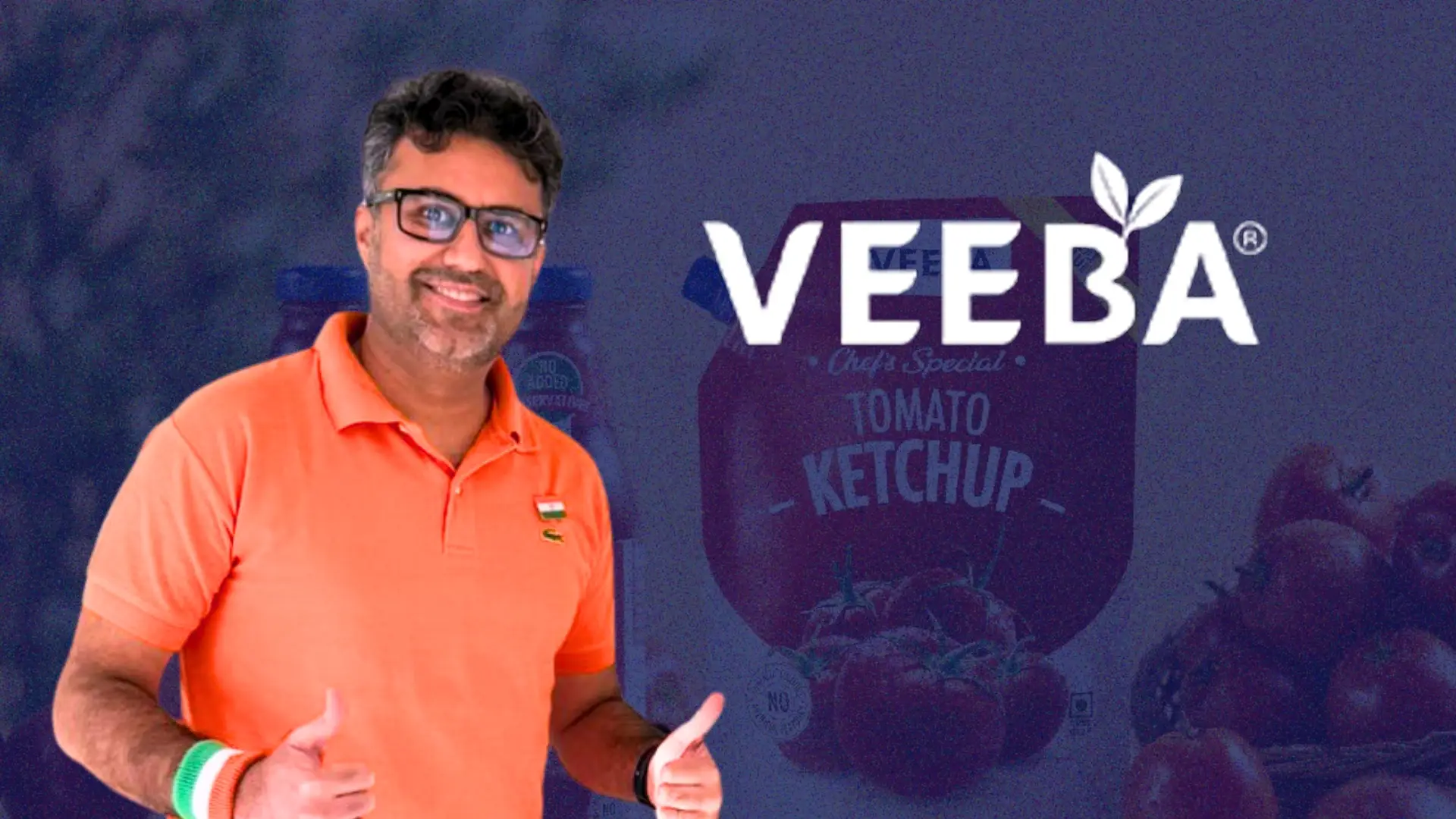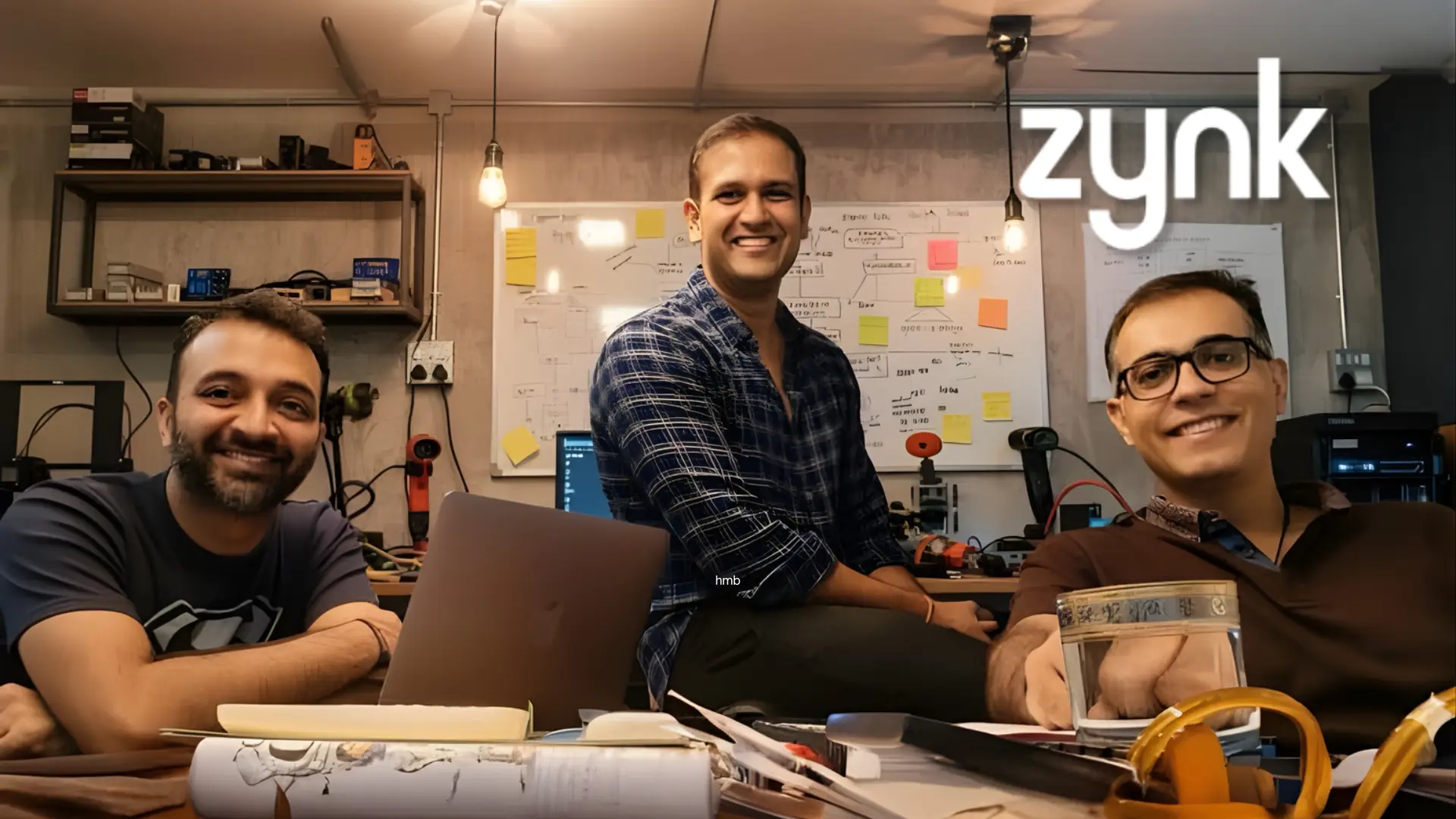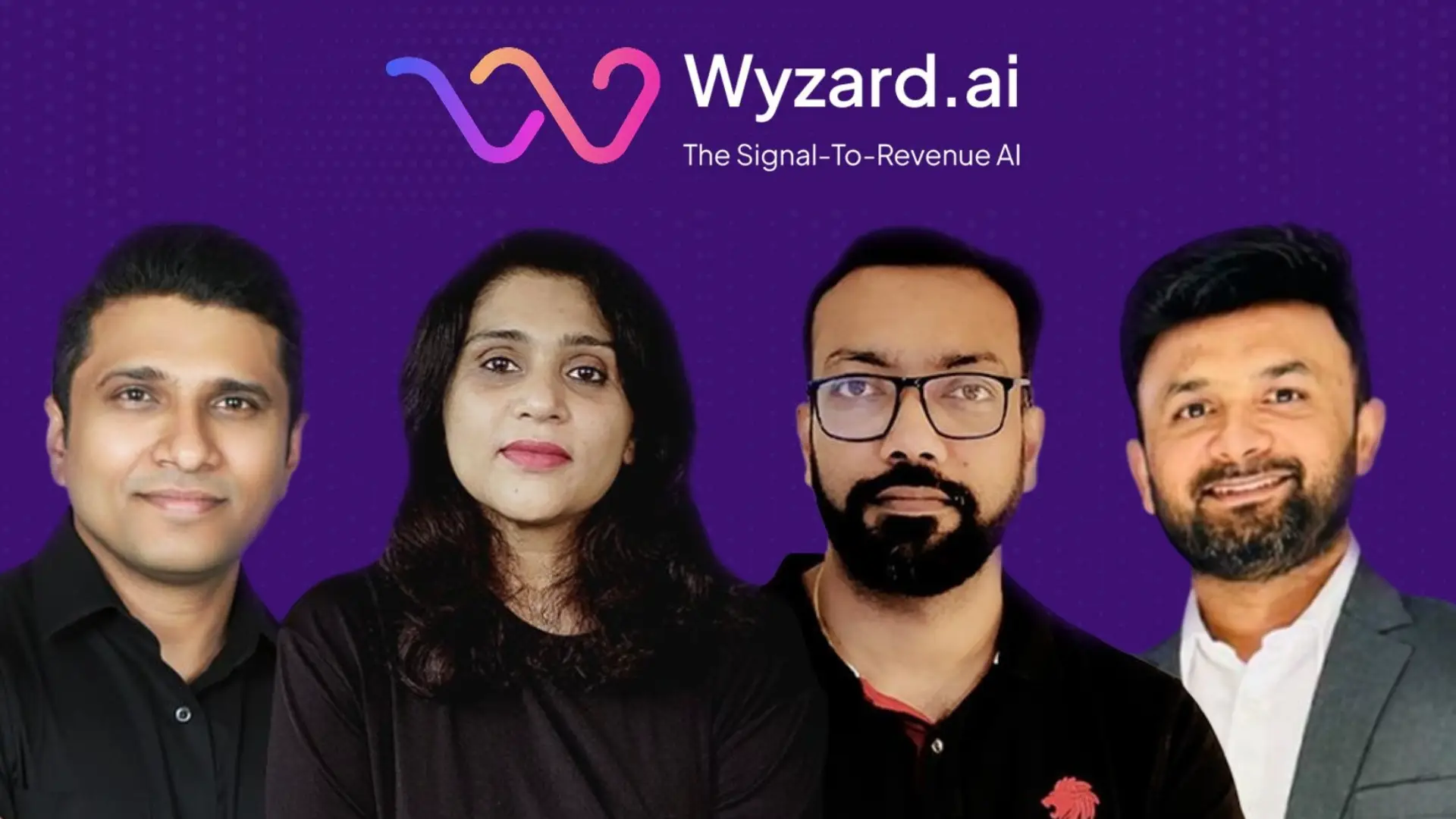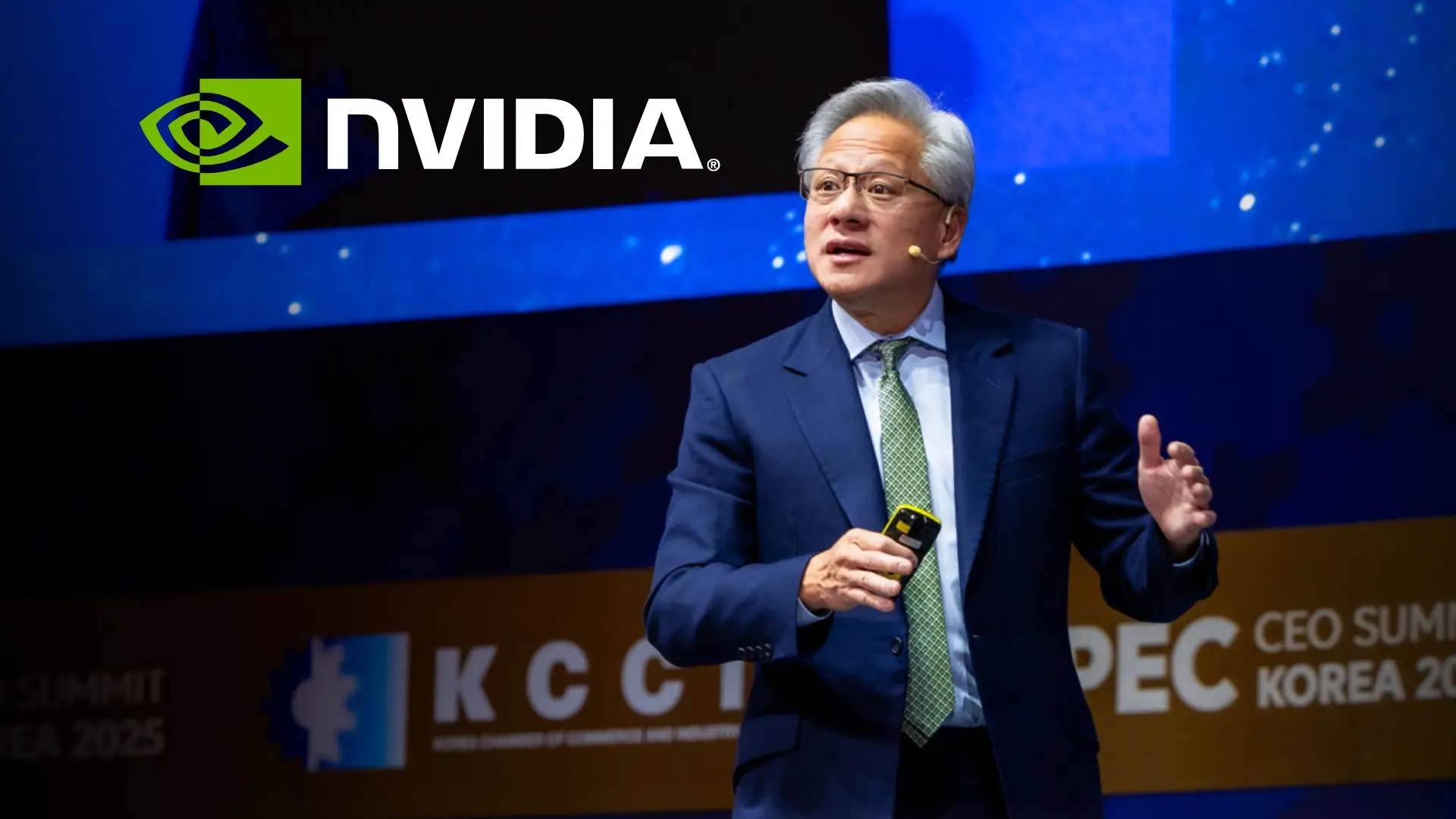On April 22, 2025, the serene meadows of Baisaran Valley in Pahalgam, Jammu and Kashmir, turned into a scene of unimaginable horror. Terrorists, identified as members of The Resistance Front (a proxy of Lashkar-e-Taiba), opened fire on tourists, killing at least 26 people, including civilians, tourists, and a newlywed Indian Navy officer, Lieutenant Vinay Narwal. The attack, one of the deadliest in the region since the 2019 Pulwama bombing, shocked the nation and drew condemnation from world leaders, including U.S. President Donald Trump, Russian President Vladimir Putin, and Indian Prime Minister Narendra Modi. Yet, amidst the grief and outrage, a deafening silence echoed from a group that is rarely quiet: India’s influencers and celebrities.
Less than a year ago, these same influencers and celebrities flooded social media with the hashtag #AllEyesOnRafah, a pro-Palestinian campaign highlighting the plight of civilians in Gaza. From Bollywood A-listers to Instagram influencers with millions of followers, stories and posts were shared en masse, often with little context or understanding of the complex geopolitics involved. Now, as blood stains the snow-capped peaks of Pahalgam, the same voices are conspicuously absent. This stark contrast raises a painful question: Why do Indian influencers and celebrities show such fervent concern for distant conflicts while ignoring the terror on their own soil?
The AllEyesOnRafah Frenzy: Virtue Signaling at Its Peak
The “All Eyes on Rafah” campaign gained traction globally in 2024, particularly after Israeli military operations in Rafah drew international attention. Indian influencers and celebrities, including Priyanka Chopra, Alia Bhatt, Varun Dhawan, and Disha Patani, were quick to join the bandwagon, sharing the campaign’s viral image a graphic of tents spelling out “All Eyes on Rafah” on their Instagram stories and X posts. Many of these posts were devoid of analysis or explanation, suggesting a performative act rather than genuine understanding. As one X user pointed out, “Those Indians & celebrities who were posting IG stories of ‘All eyes on Gaza’ even without knowing geographical location of Gaza Strip on world map are completely silent on Pahalgam.”
The rush to post about Rafah was less about informed activism and more about keeping up with global trends. Influencers saw their peers sharing the hashtag and followed suit, fearful of being labeled insensitive or out of touch. Bollywood stars, known for their carefully curated public images, joined in to signal their alignment with progressive causes. Yet, their engagement was superficial most failed to address the nuances of the Israel-Palestine conflict or acknowledge the suffering on both sides. It was activism as aesthetic, a quick story to check the box of social responsibility.
"They Cried For Likes, Not Lives"
Pahalgam’s Tragedy: A Silence That Screams Hypocrisy
Fast forward to April 22, 2025, and the same influencers and celebrities who were so vocal about Rafah have nothing to say about Pahalgam. The attack claimed the lives of 26 people, including Manjunath Rao, a businessman from Karnataka, who was shot dead in front of his wife and son, and Lieutenant Vinay Narwal, a 26-year-old Navy officer whose honeymoon was cut short by a terrorist’s bullet. The brutality was chilling: terrorists reportedly asked victims to recite Islamic verses before shooting those who couldn’t, a detail that underscores the targeted nature of the violence.
Where are the Instagram stories now? Where are the hashtags like #JusticeForPahalgam or #StandWithKashmir? The silence is not just deafening; it’s damning. Influencers like Sonam Kapoor, who shared “All Eyes on Rafah” with a tearful emoji, have posted nothing about Pahalgam. Varun Dhawan, who called for peace in Gaza, has not uttered a word about the tourists gunned down in Baisaran Valley. Even cricketers like Virat Kohli, who have massive followings and influence, remain silent, despite their vocal support for other causes. As one X post aptly stated, “When Hamas was hit, Bollywood cried ‘All Eyes on Gaza.’ Now Hindus are butchered in Pahalgam and they’re silent. No outrage. No tears. Just selective blindness.”
Why the Double Standards?
The hypocrisy of Indian influencers and celebrities stems from several factors:
1. Global Trends vs. Local Realities: International causes like Rafah gain traction because they are amplified by global influencers and Western media. Supporting such campaigns aligns Indian celebrities with a cosmopolitan, progressive image. In contrast, the Pahalgam attack, while tragic, is seen as a “local” issue, tied to the complex and politically charged narrative of Kashmir. Many influencers avoid it to steer clear of controversy or alienating parts of their audience.
2. Fear of Polarization: The Kashmir issue is deeply polarizing in India, with narratives around terrorism, separatism, and state policy often clashing. Celebrities, wary of backlash, prefer to stay silent rather than risk alienating fans or being labeled as “anti-national” or “anti-Muslim.” Rafah, being a distant issue, carries less risk of domestic backlash.
3. Performative Activism: For many influencers, social media activism is about optics, not conviction. Sharing a Rafah post was low-effort and high-reward, earning likes and praise for “speaking up.” Condemning the Pahalgam attack, however, requires confronting uncomfortable truths about terrorism in India, which may not fit the glossy, feel-good aesthetic of their feeds.
4. Selective Empathy: The most troubling aspect is the apparent hierarchy of empathy. Influencers seem to prioritize causes that are trendy or globally validated over those affecting their own country. As one X user remarked, “All these celebrities, who posted on Instagram about Rafah, are completely silent on Pahalgam terr0r attack and the genocide of Hindus in Bangladesh. They prioritize Palestinians more than our own people.”
Exceptions to the Silence
To be fair, some celebrities did speak out against the Pahalgam attack, though their voices were drowned out by the silence of the majority. Akshay Kumar, Kareena Kapoor Khan, Vicky Kaushal, Sidharth Malhotra, Sanjay Dutt, Raveena Tandon, Nani, NTR Jr., and Allu Arjun condemned the attack, with Sidharth Malhotra calling it a “cowardly act” and Allu Arjun expressing heartbreak over the loss of innocent lives. These stars deserve credit for their courage, especially in an industry where silence is often the safer choice. However, their statements were largely limited to X posts, with little follow-up or sustained engagement, unlike the flood of Instagram stories for Rafah.
A Call for Accountability
The selective outrage of Indian influencers and celebrities is not just hypocritical it’s a betrayal of their influence. With millions of followers, they have the power to shape narratives, raise awareness, and honor the victims of tragedies like Pahalgam. Their silence sends a message that some lives matter more than others, that a tourist shot in Kashmir is less worthy of attention than a civilian in Gaza.
It’s time to hold these influencers accountable. Fans should demand consistency, unfollowing those who cherry-pick causes for clout. As one X user urged, “Do celebrities really deserve our support? When they can’t even speak up on Hindu genocide… Remember and unfollow all the actors and cricketer who are quiet at this time!!” The public must call out the likes of Priyanka Chopra, Alia Bhatt, and Virat Kohli, who have the platform to amplify Pahalgam’s tragedy but choose not to.
Moving Forward: Genuine Activism Over Performative Posts
The Pahalgam attack is a stark reminder that terrorism knows no borders, and its victims deserve equal compassion, whether in Rafah or Kashmir. Indian influencers and celebrities must move beyond performative activism and engage with issues local and global with sincerity and understanding. This means researching before posting, acknowledging the complexity of conflicts, and amplifying the voices of those affected, even when it’s uncomfortable.
The blood in Baisaran Valley demands more than silence. It demands outrage, empathy, and action. If influencers can flood their feeds with “All Eyes on Rafah,” they can and must turn their eyes to Pahalgam. Anything less is not just hypocrisy; it’s a failure of humanity.
Also Read : Arnab Goswami Slams India’s Startup Culture
